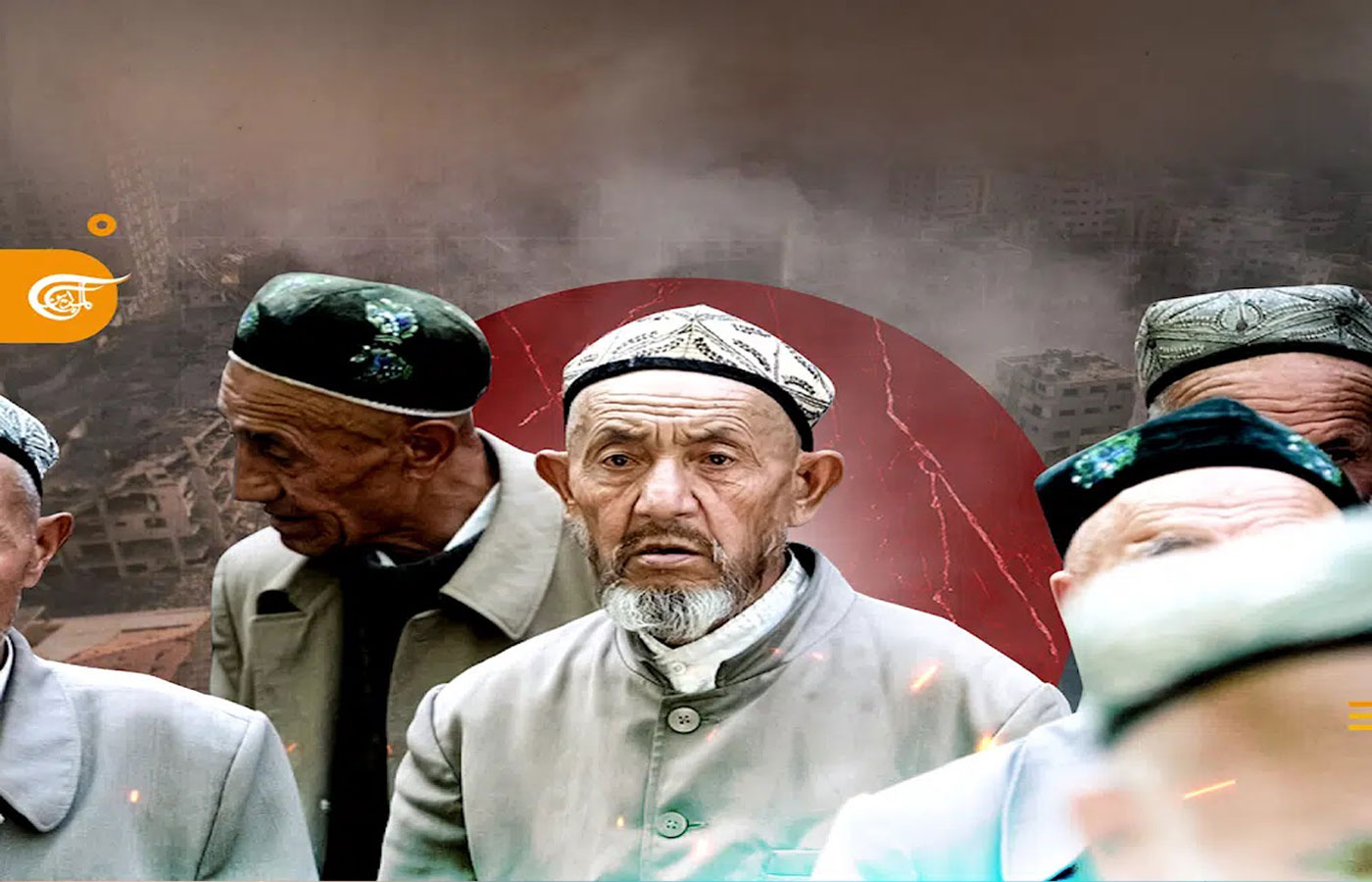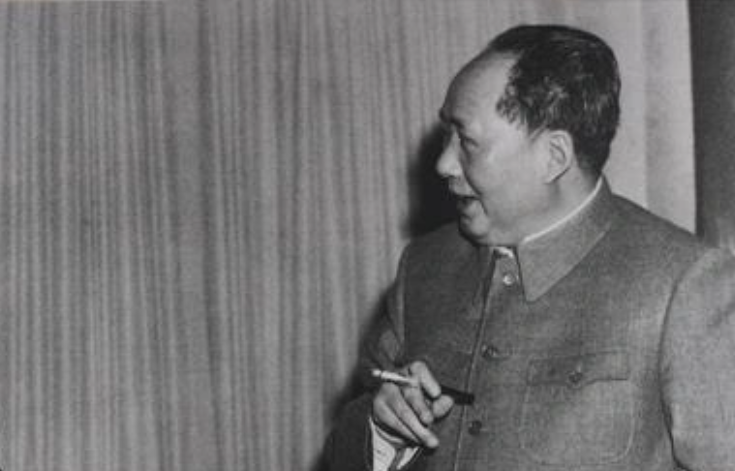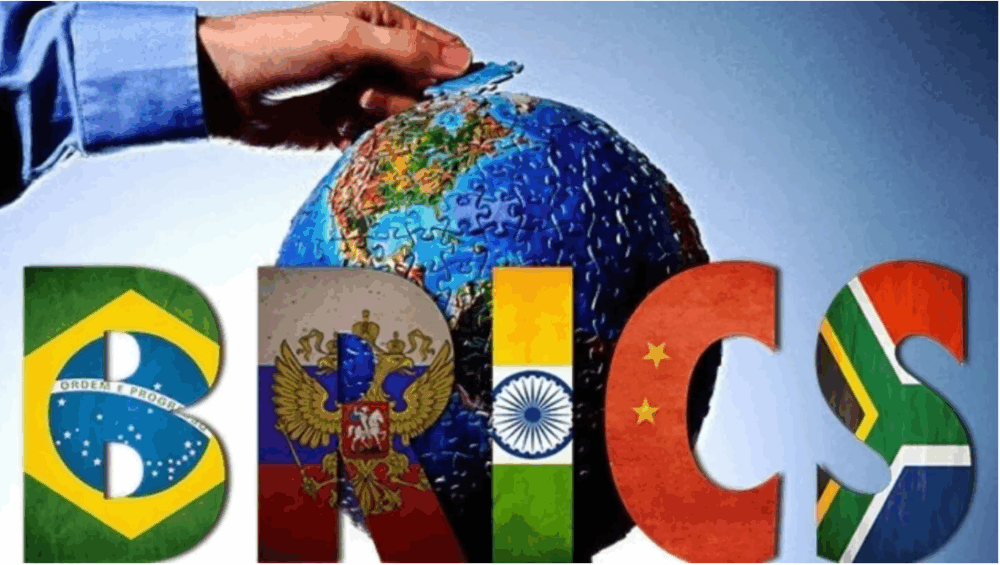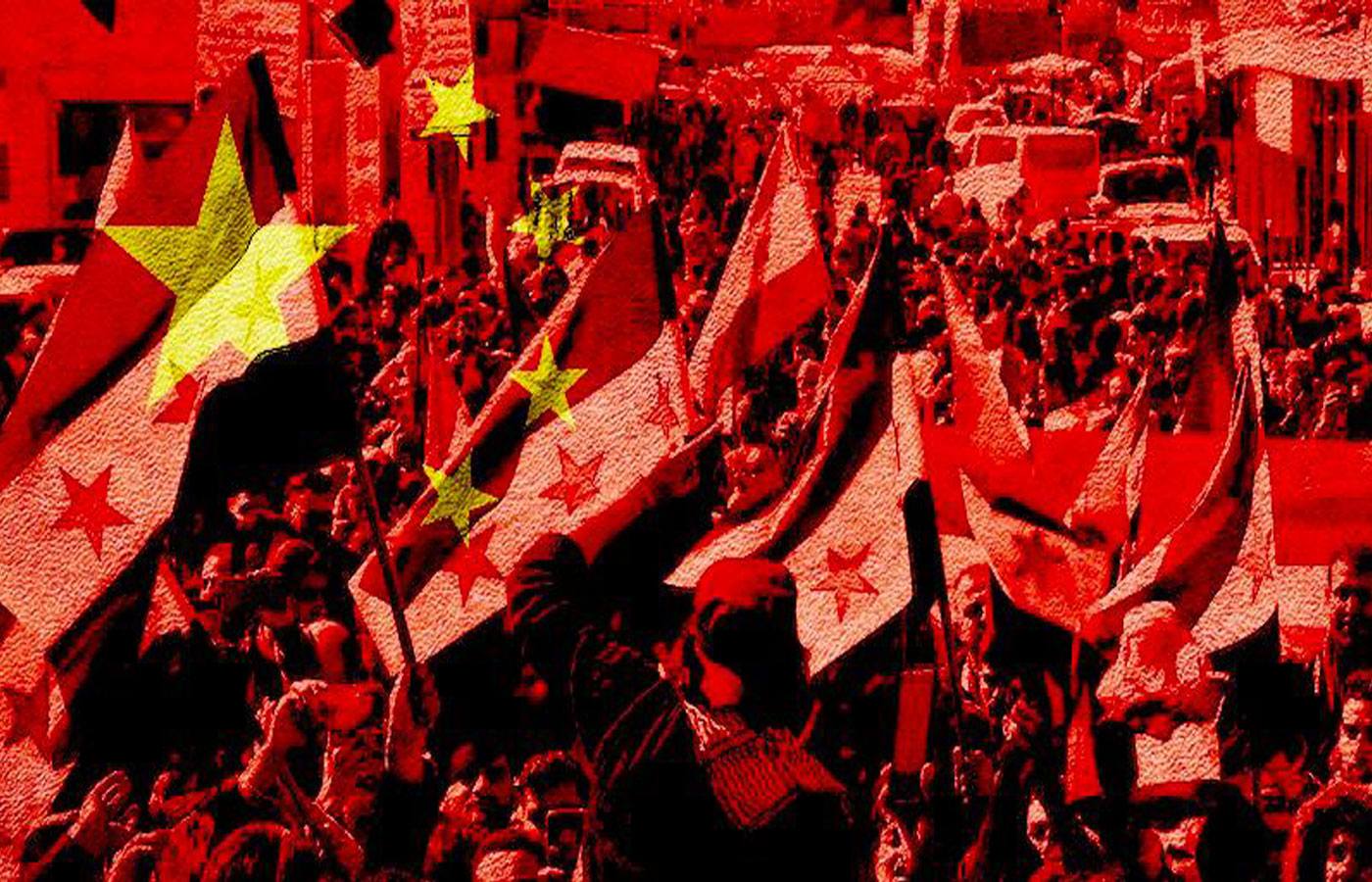We no longer hear much about the Uyghur issue, which Arab and international media outlets often promoted as a narrative to tarnish the reputation of the Chinese government and pressure it. This issue has always been framed through the lens of “generality” implying that “China is persecuting Muslims within its borders,” which is certainly not true, since the Uyghurs are not the only Muslim ethnic group in China; there are ten Muslim ethnicities in China.
There are ten Muslim ethnicities in China, yet we only hear about the Uyghurs, indicating that the principle of generalization is incorrect, as the other Muslim ethnicities continue to practice their rituals and worship without any problems. The issue with a part of the Uyghur community is a separatist tendency fueled by external forces, especially Turkey and the United States, and other countries hostile to Beijing.
The rush by many Arab and Islamic countries to defend the Uyghurs was either due to ignorance or due to political considerations. So why have we not heard from those countries about what India is doing, for example, against Muslims within its borders? Or is their stance in line with Washington’s silent and complicit stance towards India and supporting it? Why should Washington, whose policies have been hostile to Muslims and China, be trusted to care about Chinese Muslims?
The goal of the United States is to “activate India” as part of an Asian bloc that could compete with China, especially given the historical problems and border disputes between India and China. The United States has sought to include India in the Quadrilateral Security Dialogue, or the Quad alliance, aimed at encircling China, and it has encouraged Arab countries, “Israel,” and Italy to agree to the “Indian Corridor,” which is actually a US project aimed at competing with the Chinese Belt and Road Initiative.
The absence of recent discussion about the Uyghurs is not due to Washington reducing its intensity of targeting China, but rather to cover up the declared stance of the Uyghurs regarding the Al-Aqsa Flood and the war in Gaza. The so-called “World Uyghur Conference” chaired by Dolkun Isa issued a statement on October 9, 2023, condemning Hamas’ actions and declaring solidarity with Zionist occupation.
The statement also expressed solidarity with all those “suffering from terror and war,” meaning it denied the Palestinian people’s right to resist occupation and declared Uyghur sympathy with Zionist settlers. This stance received severe criticism from international legal associations and Muslim civil society organizations, yet it was ignored by Arab media outlets.
The failure to criticize the “weak stance of the Uyghurs” towards the Palestinian cause undoubtedly indicates the politicization pursued by Arab and international media outlets, which simultaneously ignored China’s progressive position and its clear condemnation of Zionist occupation and its actions. The Palestinian issue is no longer solely an Arab and Muslim concern but has become a crucial legal and humanitarian issue, as demonstrated by the Al-Aqsa Flood and international condemnations of Israeli massacres against the Palestinian people in Gaza.
The United States’ unequivocal support for “Israel,” politically and militarily, has faced very harsh criticism from Russia and China. These criticisms evolved into a “political confrontation” at the United Nations Security Council, culminating with the Russian-Chinese veto nullifying the US resolution that aimed at aiding the occupation and releasing Zionist prisoners, without any final ceasefire or humanitarian assistance to the people of Gaza.
Washington’s response came swiftly through its dirty tools, as the terrorist organization ISIS-Khorasan claimed responsibility for the cowardly terrorist act targeting a music hall in Moscow.
The return of ISIS as an arm of US intelligence
The return, development, and international expansion of ISIS raises numerous questions, foremost among them is the failure of the international coalition led by the United States to combat ISIS. Does this have anything to do with the United States’ desire to remain in the Middle East, particularly in Iraq, following the Iraqi government’s request for its departure?
What prompted ISIS to leave the Middle East, where it kills (Muslims, including Palestinian Muslims), and does not condemn what “Israel” does, nor threaten to conduct operations against Zionist interests worldwide?
Why has the organization not targeted US forces in the region, the biggest supporters of the zionist occupation state while it commits massacres? The United States and Western countries have always claimed that ISIS was created by Iran, Russia, the Syrian regime… etc. So why has the organization not targeted the enemies of these countries?
What is noteworthy is the announcement by the US embassy in Moscow on March 7, warning US citizens of a possible terrorist attack. This message was originally interpreted by Russian authorities as an intimidation tactic to prevent people from participating in the presidential elections held during March 15-17.
The significant turnout in the elections and President Putin’s decisive victory conveyed a clear message to the West of the Russian people’s alignment with their leadership, and a future victory in the war in Ukraine. Discussion of the expected “spring offensive” by the Russian army to establish buffer zones was soon followed by French and NATO threats of direct intervention in the war. These indicators and others lead us to believe that the world is heading towards more escalation and heating up of fronts, with perhaps the most dangerous being the South China Sea region.
Last month, the US Intelligence Community issued its “Annual Threat Assessment” which listed China as the top threat to the United States, followed by Russia, Iran, North Korea, and the Hamas movement in Gaza. What is strange is that the report fails to mention ISIS as a threat to the United States despite the fact that the US is leading an international coalition to fight it!
The identity of ISIS has become clearer today, representing a continuation of a long history of collusion and shared interests between the United States and Western-backed political Islamist movements, along with British Islamist thought.
Source: Orinoco Tribune










